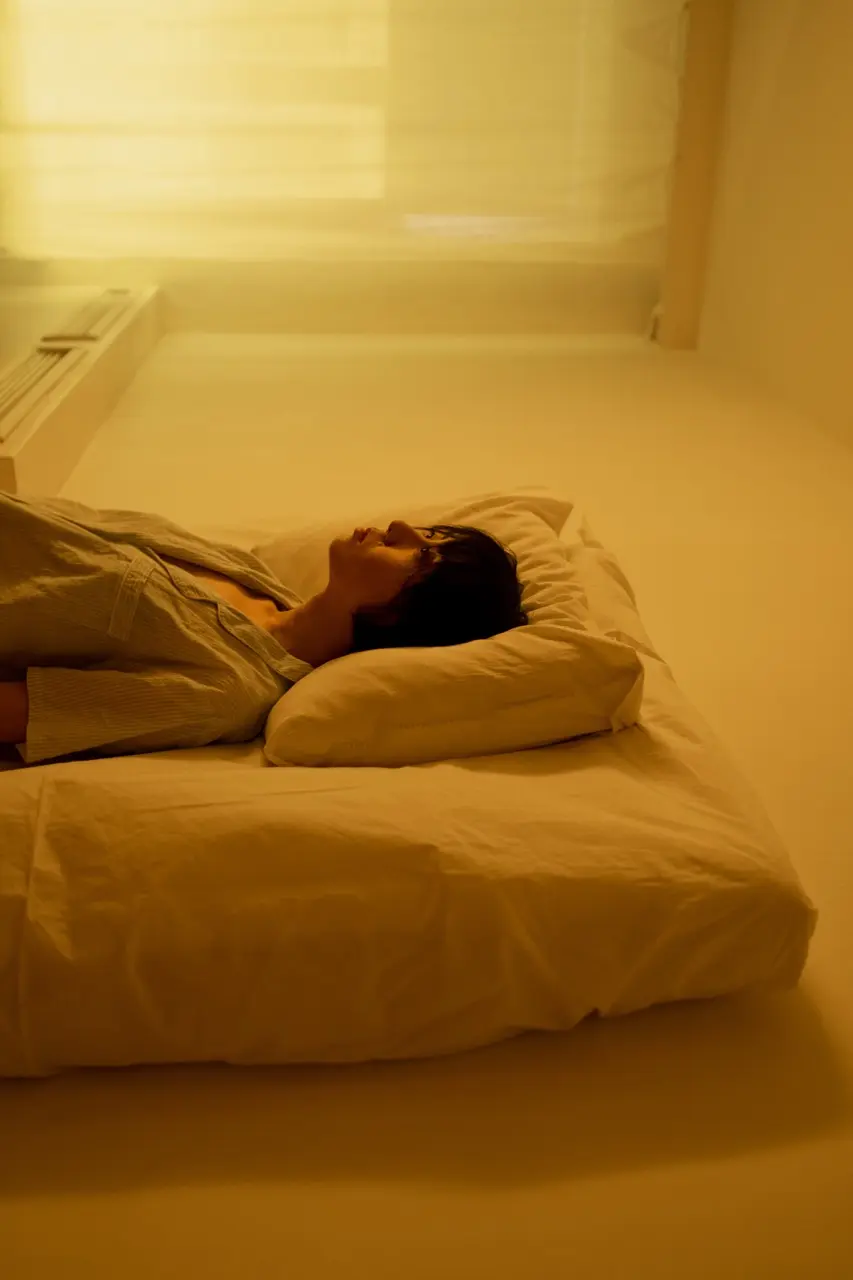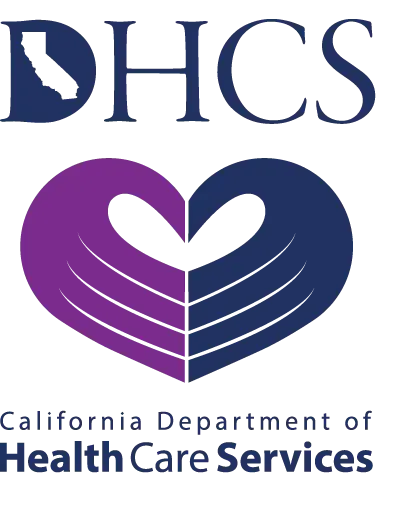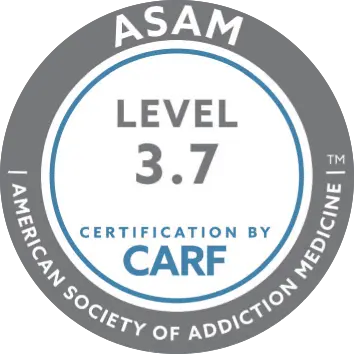Depression Treatment
Everyone feels sad sometimes. But when that sadness becomes a mental health issue or starts to inhibit your ability to live your everyday life, you might need professional help to fight the issue at its root.

If you or a loved one needs immediate help, contact us now
CALL (949) 281-0632People with clinical depression, also called major depressive disorder, know how devastating this disease can be. It can affect your behavioral Health, feelings, and ability to handle basic activities like sleeping or eating.
Depression can also cause, or appear alongside, other illnesses, such as diabetes, heart disease, and more. Fortunately, an early diagnosis can lead to effective mental health treatments that tackle the issue at its roots.
The Basics of Orange County Depression Treatment Centers

The key to effective depression treatment is an early and accurate diagnosis of the disease and its context. As outlined by the National Alliance on Mental Illness, most medical professionals will look for a depressive episode that lasts at least two full weeks to infer major depressive disorder.
A credible professional will look for these signs of a depressive episode:
- Change in appetite and a potential change in weight as a result.
- Loss of pleasure in daily activities, including activities that used to be fun for the patient.
- Low self-worth, including feelings of guilt or a focus on personal shortcomings.
- Inability to sleep calmly for at least six hours per night.
- Feelings of agitation at events that don't cause agitation for most others.
- Feelings of fatigue and feeling slowed down, coupled with an inability to relax.
- Suicidal thoughts or actions that could lead to suicide and suicide preparation.
Healthcare providers will look for at least five of these symptoms to occur every day for two weeks or more. Depending on the length of the depression and the preponderance of these symptoms, they will recommend treatment directly. Or they may point the patient toward a dedicated mental health provider specializing in depression treatment.
Outpatient Treatment for Depression
Convenient and Flexible Schedule
Cost-Effective Treatment Option
Privacy and anonymization
Benefits of Inpatient Treatment for Depression
1. Inpatient treatment provides around-the-clock care.
If you are struggling with depression, it can be difficult to take care of yourself. This is where inpatient treatment comes in. When you receive inpatient treatment for depression, you will have access to 24-hour care from a team of professionals who can help you manage your symptoms and get on the road to recovery.
2. Inpatient treatment offers a variety of therapies.
Depression is a complex mental health disorder, and there is no one-size-fits-all approach to treatment. That’s why it’s important to choose a mental health facility that offers a variety of therapies so that you can find the ones that work best for you. Some of the therapies that may be offered at an inpatient treatment facility include individual counseling, group therapy, medication management, and holistic therapies such as yoga and meditation.
3. Inpatient treatment gives you a chance to focus on recovery.
When you receive residential treatment for depression, you will be in an environment where your sole focus is on your mental health care. This can be a much-needed respite from the stressors and triggers in your everyday life that may exacerbate your depression. It can also give you the time and space you need to work on your recovery without distractions.

What Does Depression Treatment Consist of?
Depression Treatment with Medication
Depression Treatment with Psychotherapy
- Cognitive Behavioral Therapy (CBT) teaches the patient how to change thinking patterns that otherwise cause depression. This might include teaching the patient how to become aware of potential harmful thoughts as they occur. And also finding ways to question those thoughts and change mental and behavioral patterns to prevent them from happening again.
- Interpersonal Therapy (IPT) operates under the assumption that those around us typically cause feelings, thoughts, and moods. As a result, mental health professionals engage in IPT to teach their patients better communication skills. While also building stronger social support networks, and feeling more comfortable with those around them.
Is Depression Treatment Typically Successful?

Studies show that antidepressants effectively fight symptoms and prevent relapses within one to two years of treatment, while psychotherapy had a success rate of more than 70% within a year. With the right medical and mental health professionals by your side, the chances to improve from even severe clinical depression are significant.
Dual Diagnosis Treatment
Dual diagnosis treatment is a type of care that focuses on treating both addiction and any underlying mental health conditions. This is important because mental health conditions can often lead to substance abuse, and substance abuse can lead to mental health disorders. By treating both the addiction and the mental health condition, our clients have a better chance of achieving long-term recovery.
How Does Dual Diagnosis Treatment Work?
Our dual diagnosis treatment program starts with an assessment to determine what level of care is best for each client. From there, our team of experts will create a personalized treatment plan for a co-occurring disorder that may include a variety of different therapies and activities, such as individual therapy, group therapy, medication management, psychoeducation, family therapy, and more at our treatment center.

Depression Treatment With California Care
Recovery Starts Here!
At California Care Recovery, we are here to be a positive force for mental health. We’re open 24/7 and offer same day admissions. If you or a loved one is seeking effective treatment for issues of mental health, call us now.





